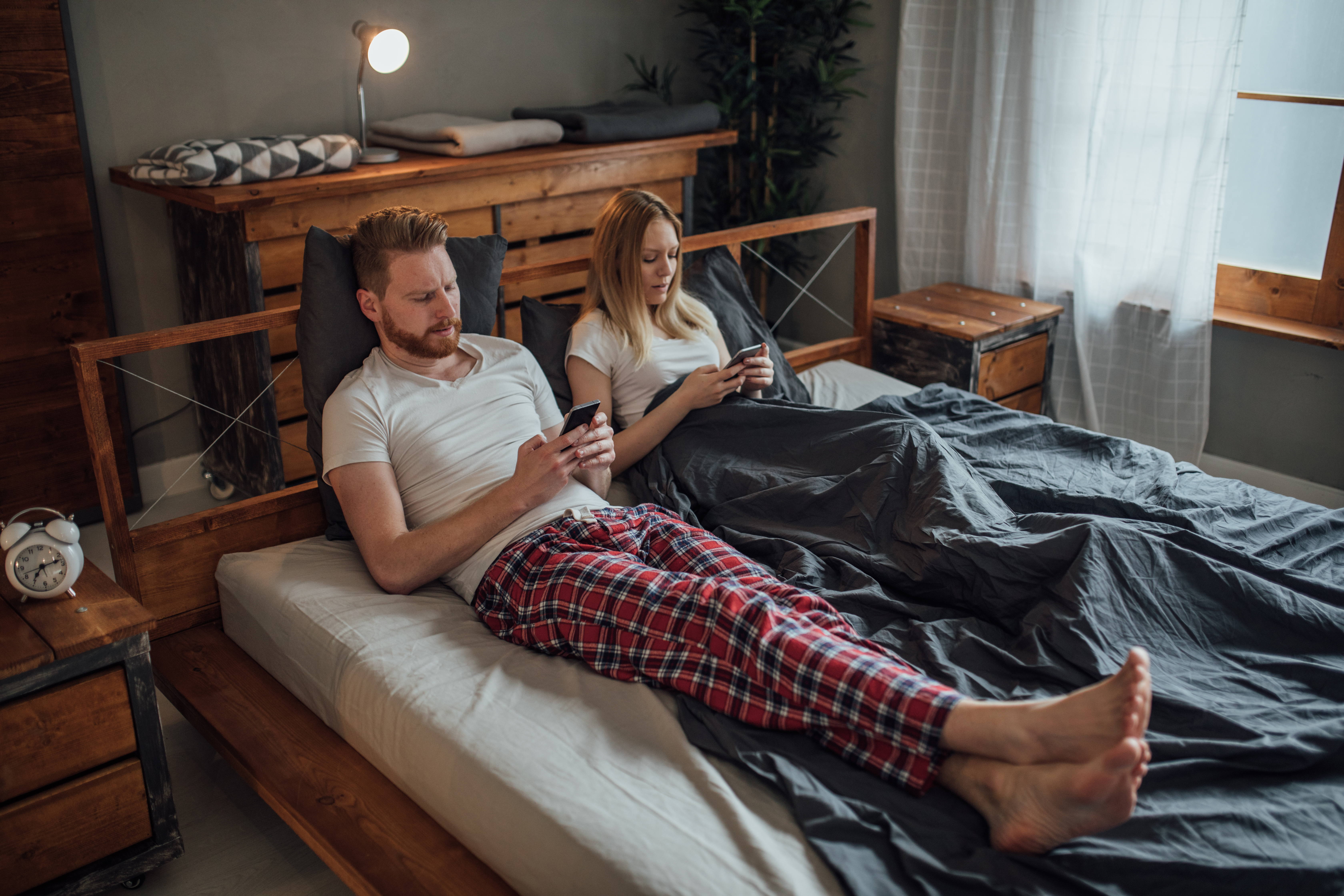By now, you’ve probably heard the news that people are having less sex. Despite looser sexual mores and technological advancements that should theoretically make getting it on easier and more popular than ever, the data continues to suggest the opposite is playing out between the sheets, with The Atlantic declaring a veritable “sex recession” last December.
While our Puritan predecessors would probably be proud of this growing frigidity, our more recent forebears are less than impressed, including the legendary Dr. Ruth Westheimer.
The 91-year-old sex therapist, who launched her career back in the ‘70s and has been a major figure in the sexual landscape for decades, expressed her concerns about the sex decline last month in an interview with Esquire.
“How terrible,” she said. “Here is an activity that is free, here is an activity that makes people happy, and what’s the matter with all of you not to engage in it?”
When younger generations are being chided by their elders for not having sex, something’s gotta be up. While reports of the so-called sex recession have yet to identify a conclusive cause, Dr. Ruth expressed concern about the potentially negative effects the increasing ubiquity of smartphones may be having on individuals’ sex lives.
“If they can’t shut off the phone for at least half an hour to have some sex, then there’s a problem,” said Dr. Ruth. “They’re going to lose ability to make contact with another human being. Unless you have an emergency that somebody is sick, shut the phone off.”
Before throwing our phones out the window in the name of getting laid, however, we caught up with some of today’s leading sex and relationships experts to figure out just how much our phones are costing us in bed. Turns out you may not have to power down just yet.
“With all due respect to Dr. Ruth, I’m not sure that the reason young people are having less sex these days is because they are on their phones,” says Dr. Tammy Nelson, a certified sex and couples therapist and the author of When You’re the One Who Cheats.
Rather, Dr. Nelson posits that the declining rates of sexual activity among young people could be attributed to an increase in options when it comes to sexual partners — and that’s not necessarily a bad thing.
“Young people know that they can wait until something better comes along,” she told InsideHook. While smartphones may have something to do with that knowledge, it may actually reflect a more positive side of technology’s effects on sexuality and decision making.
“They know, because of what they can see on their handheld devices, that there are plenty of options out there, therefore there is no pressure to be sexual now,” Dr. Nelson explained.
While Dr. Jess Carbino, a relationship expert and former sociologist for Tinder and Bumble, also highlights the potential social benefits of phone use and technology, she does concede that Dr. Ruth’s fears may not be entirely unfounded.
According to Dr. Jess, who has been called “the Dr. Ruth of the swipe-right generation,” poor phone use habits may put individuals in a less-than-ideal frame of mind for establishing intimacy, which could be particularly harmful for couples.
“I think that the phone may diminish couples’ capacity to have sex because they’re paying attention to something else and are theoretically being activated in a negative manner by their phones at a time when they should be either physically or verbally intimate with each other,” she tells InsideHook.
Dr. Jess recommends couples who worry their phone use may be inhibiting intimacy introduce a moratorium on screen time an hour or two before bed, which she says may help individuals unwind and put them in a better position to engage sexually.
Ultimately, both Dr. Jess and Dr. Nelson suggest that technology, when used appropriately, can actually benefit sexuality, on both an individual and societal level.
“It can expand the way we consume our sexual relationships and the way we think about sex; how we learn about sex and how we communicate with one another in our sexual relationships,” says Dr. Nelson, echoing Dr. Jess’s assertion that technology not only offers unprecedented levels of connectivity between individuals, but also a vast resource for sexual self-education.
For better or worse, “the phone is here to stay,” says Dr. Nelson, and with a little conscientiousness, it can actually be a powerful tool to help, not hinder, your sex life.
Whether you’re looking to get into shape, or just get out of a funk, The Charge has got you covered. Sign up for our new wellness newsletter today.
